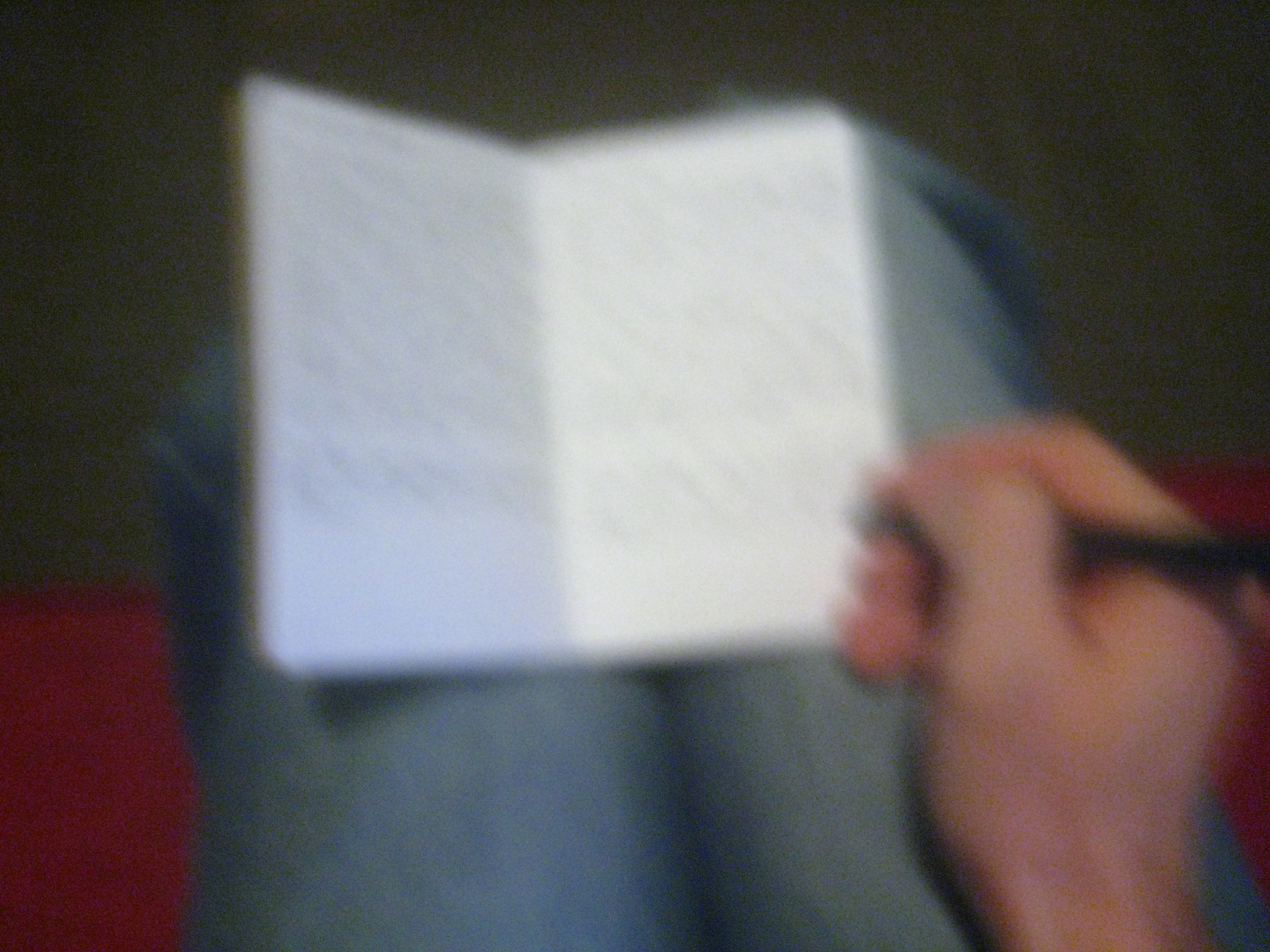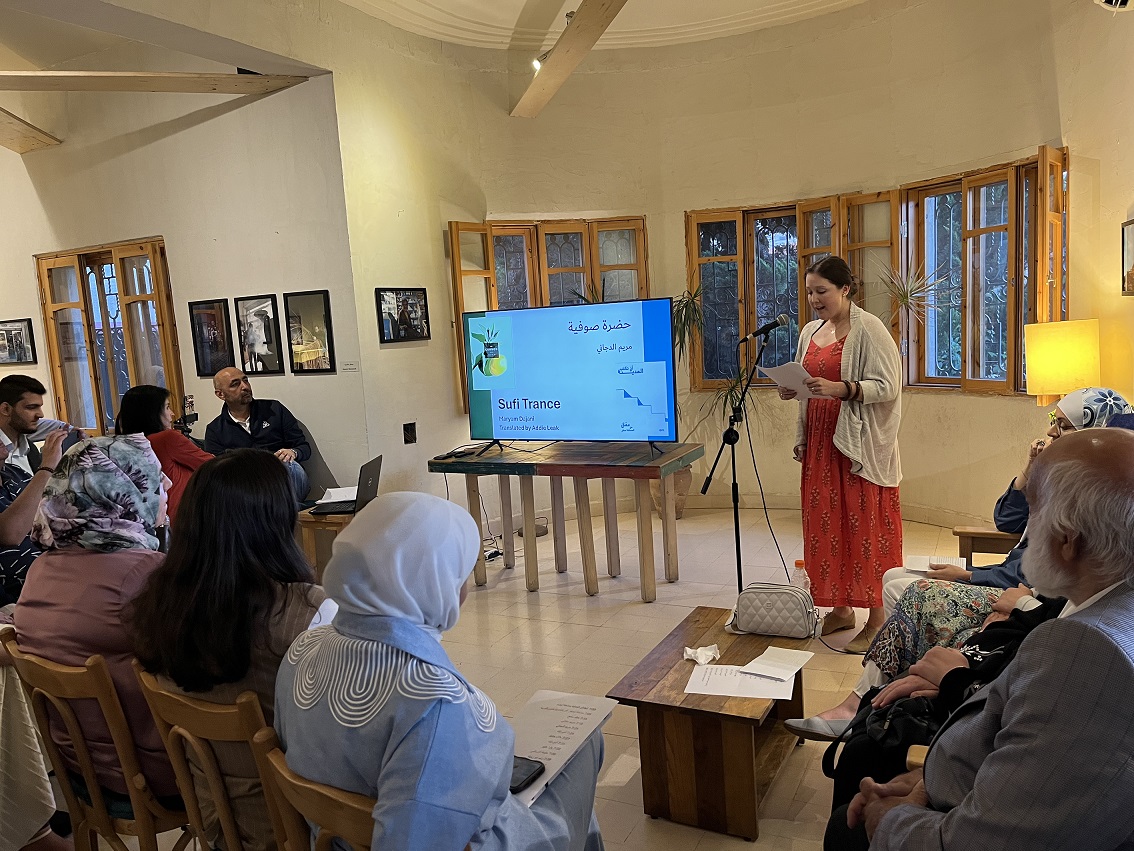Translated by ALICE GUTHRIE
Regardless of how it turned out, the situation certainly demanded a courageous decision. I could no longer bear the chaos that had spread to all areas of my life—a life that I was constantly striving to keep in the best possible state of order.
I had no choice but to get rid of all those people I knew: I’d have to drive them out from between my pages, where they’d set up camp. They’d been living in there, against my will, for years. I had to sweep my memory clean of any trace of their names, their features, their nicknames, their phone numbers, and then I’d be able to refurnish those pages all over again, however I pleased, after all the intolerable overcrowding their presence inside me had caused.
Just four years back, there had been no problems of this type in my life whatsoever. My friends back home in the village numbered no more than the fingers on my two hands, but they were real friends—our closeness was authentic—and, without having to plan it in advance, we’d meet every day at sunset to hang out and have a laugh and entertain each other until dawn. When one of us was missing from our gathering it was easy to reach him, as the distance between my house and the house of the friend who lived farthest away didn’t take more than five minutes to cover. So I wasn’t obliged to carry their phone numbers on me, or make a note of them, or memorize them—if they even had phones at all.
Later in life, on account of my work, I found myself moving in a different milieu, one in which there was none of the simplicity, warmth, and honesty of the village. It was an environment rife with meaningless relationships and opportunism, where communication was choreographed with trite, overused compliments that I eventually recognized as my nemesis. The most outstanding merit of my new environment, as far as I was concerned, was that I had begun carrying a little notebook in my pocket and jotting down in it whatever little observations I might make. Soon I also took to jotting down the phone numbers of the people I happened to meet along the way.
I was connected to some of these people by temporary or permanent work, and some of them were people who had insisted I take their numbers so I could call them, even though they knew deep down that I never would. I collected many phone numbers for people I absolutely never called, despite all the efforts I’d made to obtain them from other people for reasons I can no longer recall.
The notebook filled up with names and numbers and observations in record time, and I started to seem like someone who worked in public relations. I decided to dedicate a separate book to my observations, and start another solely for phone numbers, but the new phonebook was soon too small for my circle of acquaintances, which was expanding like wildfire, so I bought a third book. This process was repeated until I realized that I had seven notebooks stuffed with numbers and letters in my pockets, and that whenever anyone saw them, it made me feel like an important man with endless projects and an empire of friends.
When the notebooks started to impede access to my pockets, I moved them all to the bottom drawer of my old wooden desk. It was a broken-handled drawer I had abandoned: I hated how dark it was in there, and I avoided opening it unless I absolutely had to. But despite exiling the notebooks there, I still didn’t have peace of mind. Every time I went back to the drawer to extract some phone number or other, I would lose so much time digging through useless numbers opposite which I’d written only the person’s first name, not bothering with their surname. And that is to say nothing of those numbers beside which I’d find only obscure signs and symbols. I could only assume I’d written them down that way so that no one except me would be able to decipher whose they were.
On one occasion I tried to count how many tangential people were crowding the corridors of my notebooks, and the sheer volume frightened me. I resolved to just get a phone directory and be done with the notebooks. But I had to abandon that idea when I found out that the phone directories available to buy were old, and wouldn’t meet my needs.
That was what drove me to make a very different decision, something that would alleviate my sense of being weighed down by this overwhelming presence of others in my life. Little did l know what the consequences of my decision would be.
Whenever I had turned to my notebooks and begun digging through them in an attempt to exhume someone’s number, I would be forced to read every single one of the names, as they weren’t arranged in alphabetical order. Every name that passed before my eyes would waylay me, snaring me in the jaws of the past and dragging me back toward the trap I was so sure I’d escaped.
From that point on, I began to feel that I was conjuring, via my notebooks, the spirits of people who weren’t around; not only those who were absent for ordinary reasons of everyday life, but also those who had disappeared, or who were no longer on this physical plane. They would run through my mind one by one, some in detail, and some just sketches. I would wear myself out trying to remember them clearly, or, failing that, I’d try to get them out of my head completely by forgetting them once and for all, but they resisted my strenuous efforts and clung on, suspended there in limbo—especially those whose features I was no longer able to properly bring to mind. The people themselves had been absented: my only relationship with them now was with their names. And it was a cold and arid relationship, without passion. It brought on a headache that I could soothe only by closing the notebooks and burying them among my papers, a fugitive in their underworld realm.
I came to recognize that my previous serenity was being disturbed by a state of gloom, a potent admixture of fear and anxiety that would sweep over me anytime circumstances obliged me to go near the notebooks. The mere thought that so many people were living with me under one roof, all just waiting for me to open the drawer in search of one of their numbers so they could come flooding out and crowd around me, was a matter of distress, especially since most of them didn’t know each other. They actually couldn’t have been more different from each other—total opposites, many of them—in terms of their moods, desires, intentions, and ages; the only thing bringing them together here was me, their gravedigger. If I didn’t know them, and they didn’t know me, they would never have come together in this chaotic assembly inside my notebooks. The drawers that concealed the notebooks had begun to seem like a bottle whose stopper was holding back the release of a whole tribe of demons.
The bottom line is that I got fed up with the unwanted residents. I dreamed of going back to the good old days, to those original few true friends in my village. So, you can see, my perilous state demanded a brave decision: to get rid of those guests with the heavy presence, who had been poking their noses into my life, intruding on me without my permission.
So I gathered up the notebooks. It would be a massacre—there was no doubt about that. And the burial ceremony would take place without any clamor, or music, or the firing of twenty-one rounds of artillery.
I was determined not to regret it or to let my conscience bother me, and I silenced a voice fidgeting inside me that demanded loyalty to my acquaintances and reminded me I was about to kill them.
I lit the kindling and watched the fire take, then closed my eyes and threw the notebooks into the fire without mercy, keeping a firm grip on myself so that my fingers wouldn’t tremble. Dense smoke, like I’d seen coming out of Aladdin’s lamp in a cartoon, began to fill the air of the room with blurry forms, before drifting through the door and spreading toward the rest of the house.
I drew back, trying to make out the features gradually resolving themselves into clarity. With my own eyes I saw people that I knew, and others that I hardly knew, and some I couldn’t remember where and when and how I’d met. I saw them multiplying, reproduced by the smoke, and surrounding me, besieging me with their ethereal bodies, showing me neither mercy nor pity.
The last thing I remember is the space closing in on me as I tried to breach the wall that my back was banging against, cringing from the blows landing on every inch of my body while those gloating guffaws rang out…
and rang out…
and r…
a…
n…
g…
[Read more Arabic fiction in Issue 11: Tajdeed.]
Ja’far al-Oquaili is a Jordanian short story writer and poet born in Balila, Jerash Governorate, in 1974. He has been working in journalism, specializing in culture, since 1996, and he is the editor of the literary supplement of the Jordanian daily newspaper Al Ra’i. His poetry collection There Are Rituals for Fire and Other Rituals for Ash was published in Arabic in 1995, followed by four short story collections: Guests with a Heavy Presence, Spring in Amman, A Reckoning, and, most recently, Hide-and-Seek.
Alice Guthrie is a British translator, editor, event producer, and occasional journalist. Her literary, media, and academic work with writers from across the vast Arab world has appeared in a broad range of international publications and venues since 2008, and has been recognized with various grants and awards.




